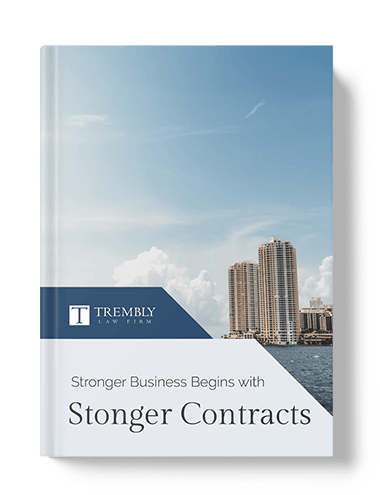Franchising is often a fast and convenient way to open your own business. You can build your successful business on the back of a well-known brand, and in many cases, everything you need to operate your business is included in the existing company’s business model. Before taking the plunge and purchasing a franchise, make sure you’ve taken some time to look into the following factors. They can dramatically reduce the risk of issues occurring at a later time.
Businesses tend to move very quickly. You might want to finalize a deal with great haste in order to avoid falling behind your competition. There’s some logic in this way of thinking. Nevertheless, you don’t want to risk working with an organization who is not going to act in your best interest.
History And Experience Of The Franchise
Do some research into the history and experience of the business. Profile its officers, its directors, and the corporate entity as a whole. A franchise backed by a strong corporate entity with a long history of success has a good chance of thriving.
Any franchised organization that’s been around for a number of years should maintain its position. This applies regardless of its original market.
You shouldn’t necessarily decline to work with a franchise simply because it’s not as old as another company. With that said, there’s good reasons to be a little leery when inking a deal.
Consider this scenario. Someone might start a fly-by-night company that gets some franchise agreements down on paper. Then the person promptly leaves the market. You don’t want to get caught holding the bag in these cases.
Considering the fact that some franchise organizations operate in competitive industries, you’ll also want to take the time to research all of your options before making a final choice.
Consider Financial Factors
As a franchisee, you get to use the brand’s trademarks, business plan, and other assets. This results in a number of upfront and recurring fees. Ensure that you have a complete picture of what you’ll be expected to pay upfront—initial franchise fees, startup costs—and which costs are likely to recur throughout the life of the franchise, including royalty, marketing, and renewal fees. Having this information makes it much easier to determine the potential profitability of a business.
In some cases, a franchise will have been around for a number of years and appear stable but it’s high franchising fees will cost far too much for many companies. This is something to consider before you agree to start paying an annual subscription cost, since these fees are often not refundable and there’s a good chance that you could be locked into paying them for a number of years before you’re permitted to end the agreement.
Financial Statements
An informed choice requires full financial disclosure. You should obtain audited financial statements and information about current franchisees. Consulting a business lawyer with these information can help you decide whether or not you have chosen the right franchising opportunity.
Keep in mind that not everything can be measured in dollars and cents. A company’s financial profile could look relatively stable, but the company may actually be losing money in some other fashion. Review everything related to the franchise agreement with a legal professional before you finally say yes to anything.
Make sure that you have the opportunity to see all of the relevant financial documents. This helps you achieve total transparency before you enter into an agreement.
Your Obligations And Restrictions
To protect the brand and other franchisees, every company has obligations regarding franchisees’ behavior. Your contract may include information on where you can obtain supplies, which software you are required to use, leasing requirements, and how you can or cannot use the company’s intellectual property. Many franchise agreements also include a non-compete clause.
In some cases, this clause can actually stay in effect for some time after a particular contract has already ended. For instance, say you’re involved in a franchise that you eventually decide to break from. The contract ends amicably and nobody has any further claims. However, you might still have to remain in a non-competitive position as far as your business is concerned for some period of time after you leave the terms of the agreement.
Keep in mind that some specific terms may relate to Florida’s own business laws. These are different from those found in other parts of the country. There’s also a strong possibility that you’ll want to work with a legal team that’s close to home so you can be sure that they don’t miss out on any of these particulars that are unique to the local business landscape.
Other Information To Gather
In general, the more information you are able to analyze before making a business decision, the more you’re able to make the best choice for you. Gather information on existing trademarks and patents, any provisions regarding your hiring practices, stipulations pertaining to the sale or disposal of the franchise, and publicly disclosed statements and disclosures.
It’s also recommended that you have a business lawyer look over every legal document. It’s crucial to go into a franchise agreement with eyes wide open. Know exactly what limitations are placed on you and exactly what you can expect from the company. By working with a specialist who understands the legal profession, you’ll be in a much better position to succeed.
Get Legal Support For Franchising Your Business
At Trembly Law Firm, we always do our best to help people sort out all of their deals. Having guidance is essential to the process. Our team ensures that everyone gets a fair agreement at the end of the day.
Considering buying a franchise and owning your own business? Get the legal support and advice you need at Trembly Law Firm. Contact us online today for more information.

















